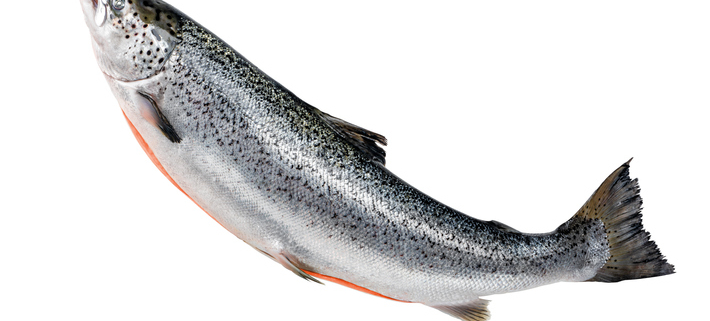Navigating Canine Fish Allergies
Dogs, much like humans, can grapple with allergies, and one common trigger is fish. While fish is often lauded for its nutritional value, some dogs might react negatively. Identifying a fish allergy involves watching out for signs such as skin problems, gastrointestinal issues, ear infections, and respiratory symptoms after consuming fish. Consulting a veterinarian is crucial for an accurate diagnosis.
If your dog is diagnosed with a fish allergy, managing their diet is vital. This entails avoiding all forms of fish and fish-based ingredients in their food. Your veterinarian can help guide you toward suitable alternative protein sources. Preventing accidental exposure is also important, which means being vigilant about what your dog consumes, including food scraps and outdoor scavenging.
Taking proactive steps to address a fish allergy can significantly enhance your dog’s quality of life. With professional guidance and a commitment to a fish-free diet, you can ensure your canine companion enjoys a happy and healthy existence, free from the discomfort of allergic reactions. Remember, understanding and accommodating your dog’s unique needs is essential to responsible pet ownership.



